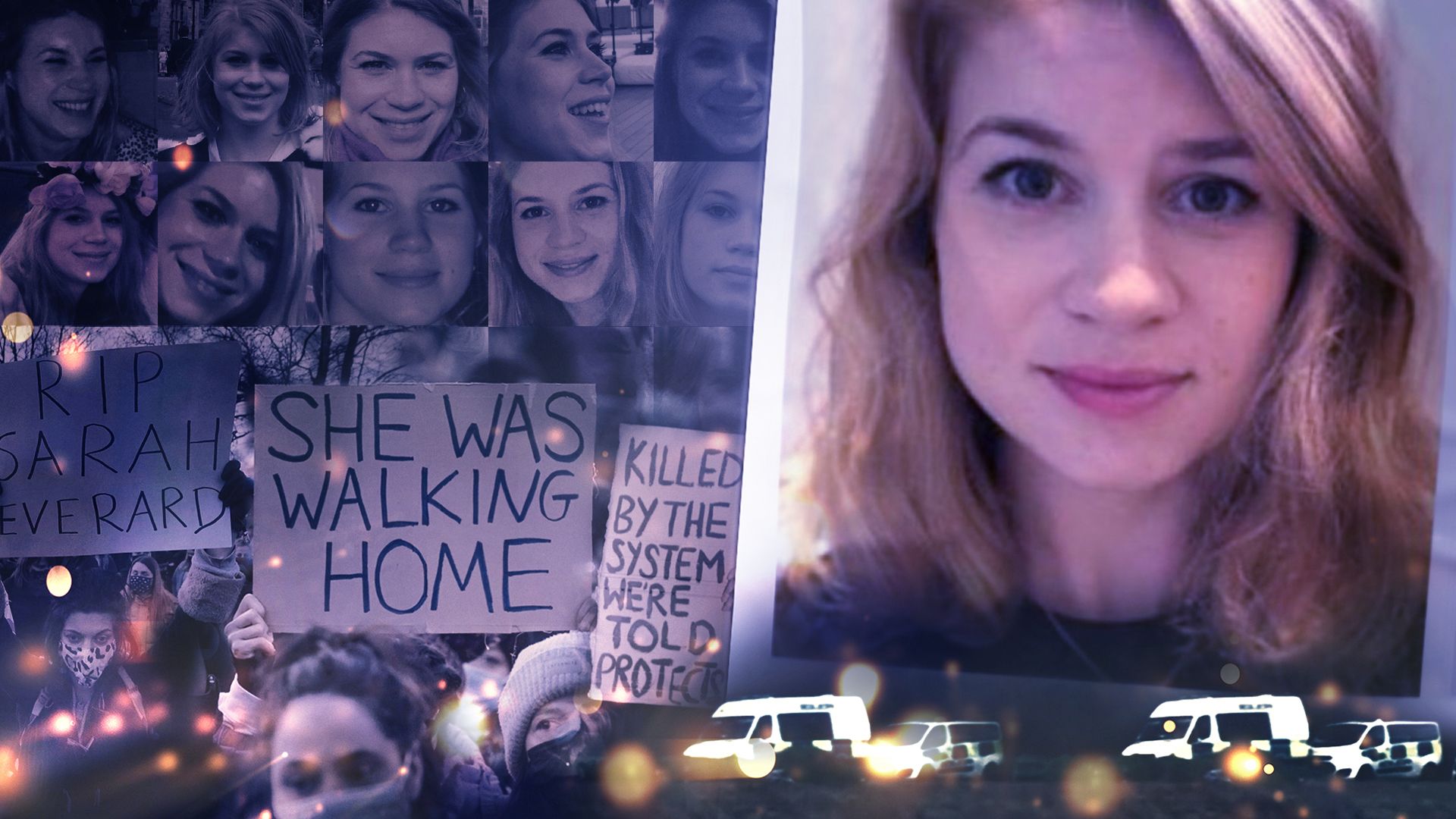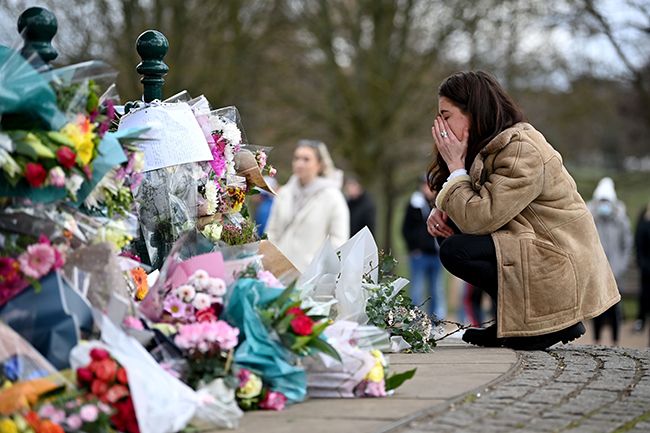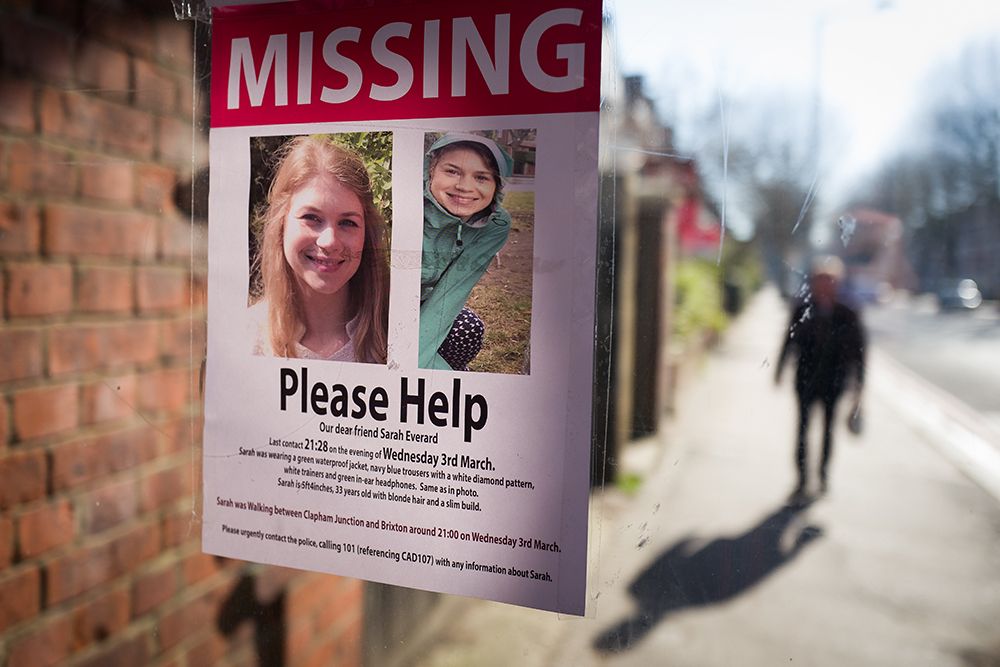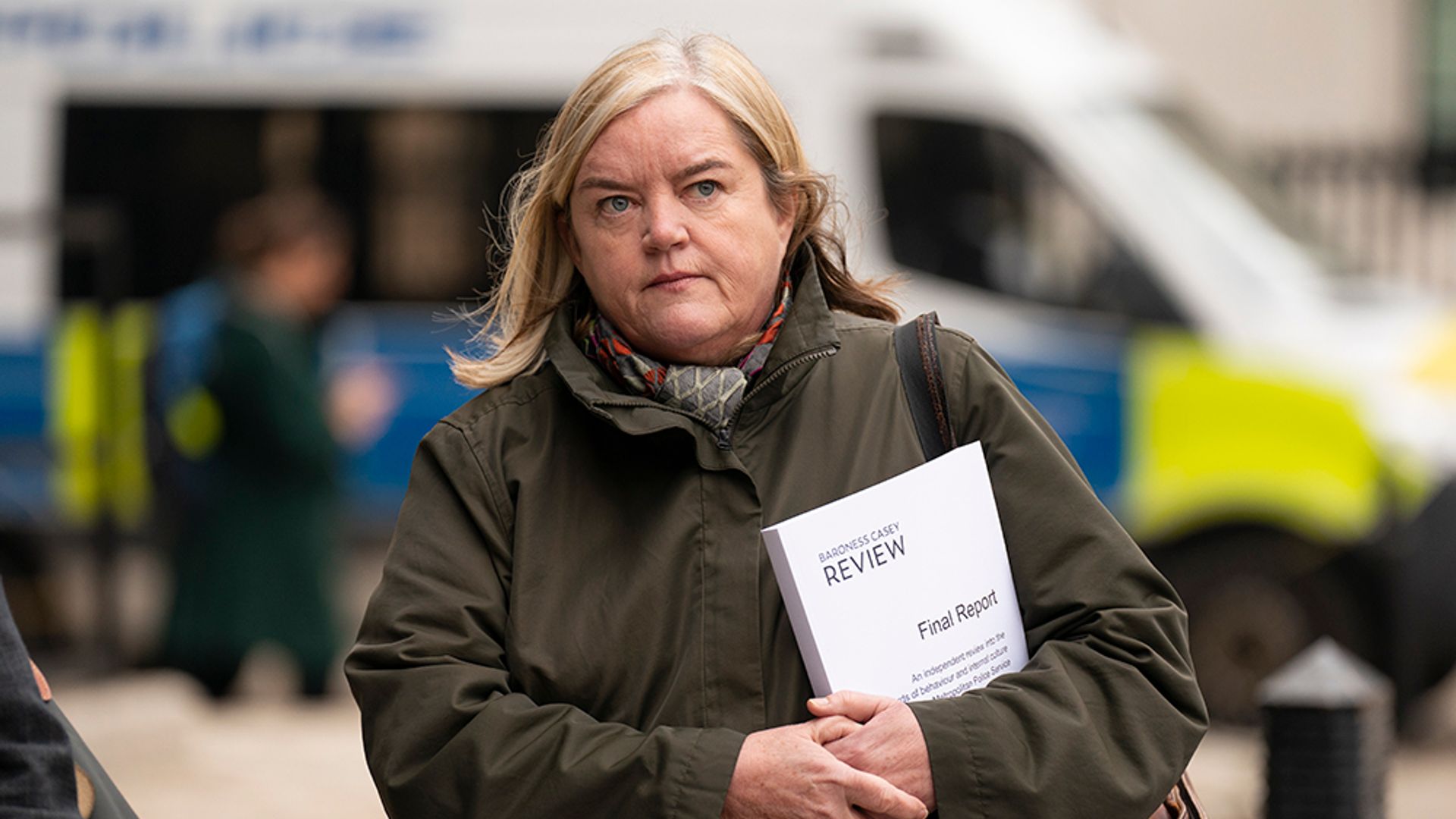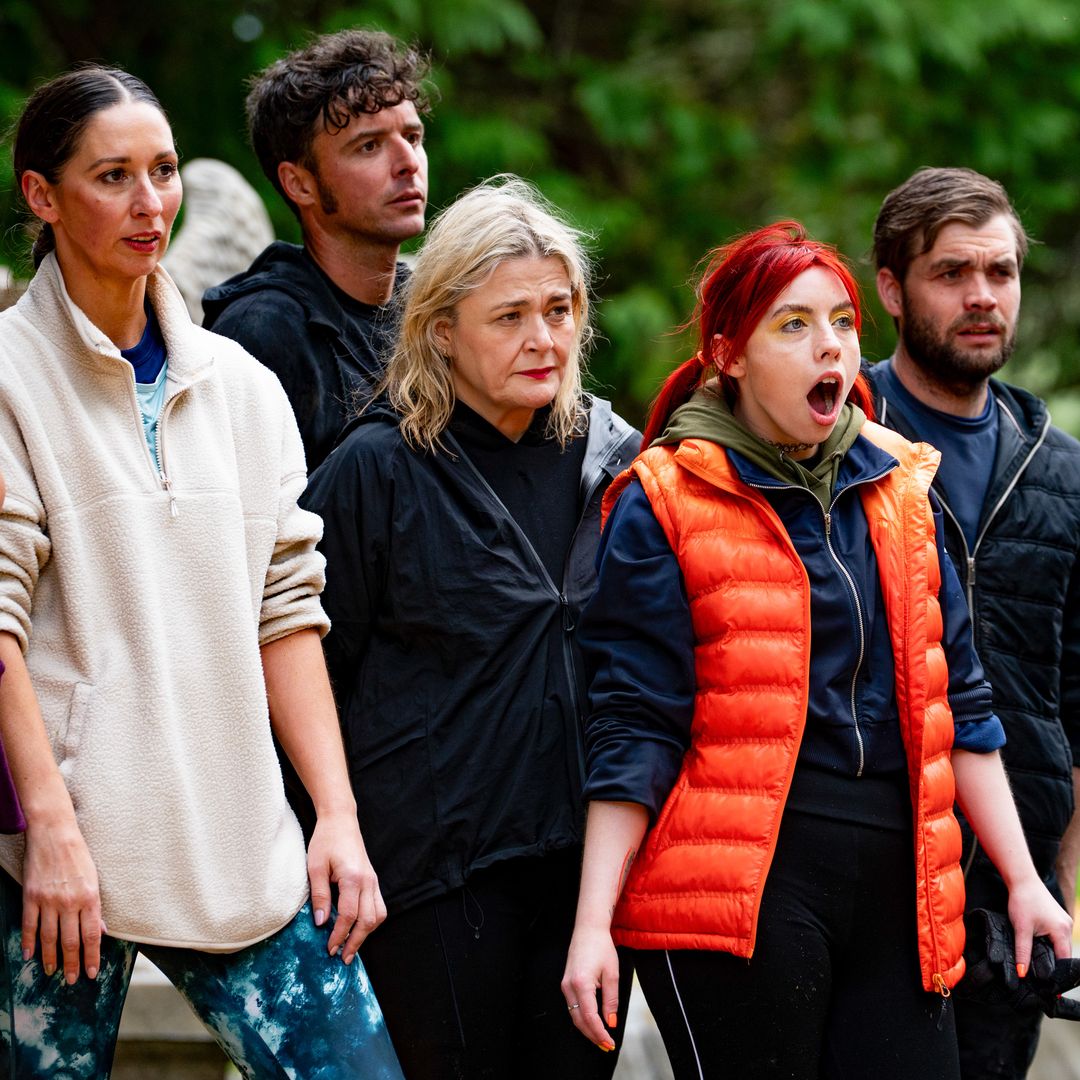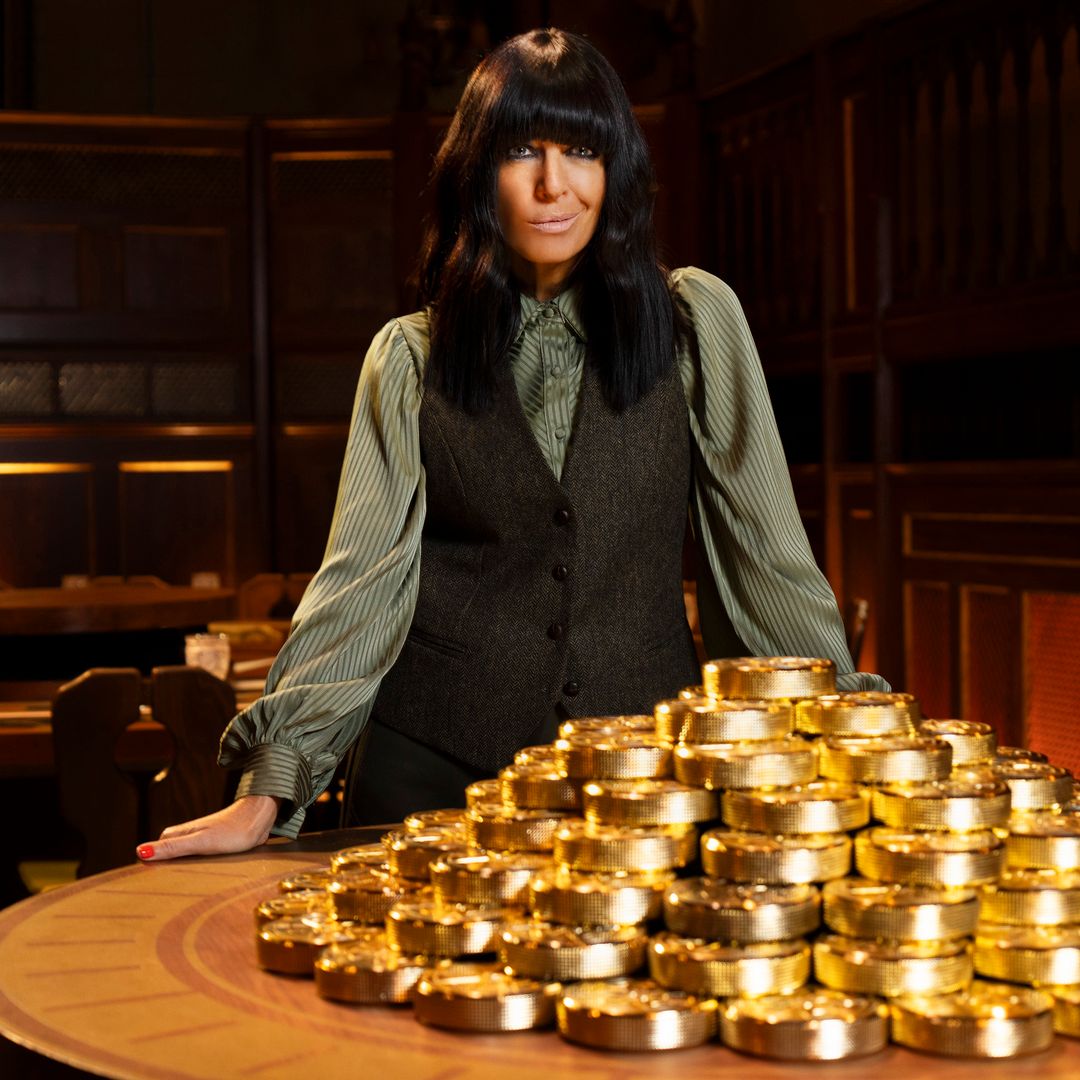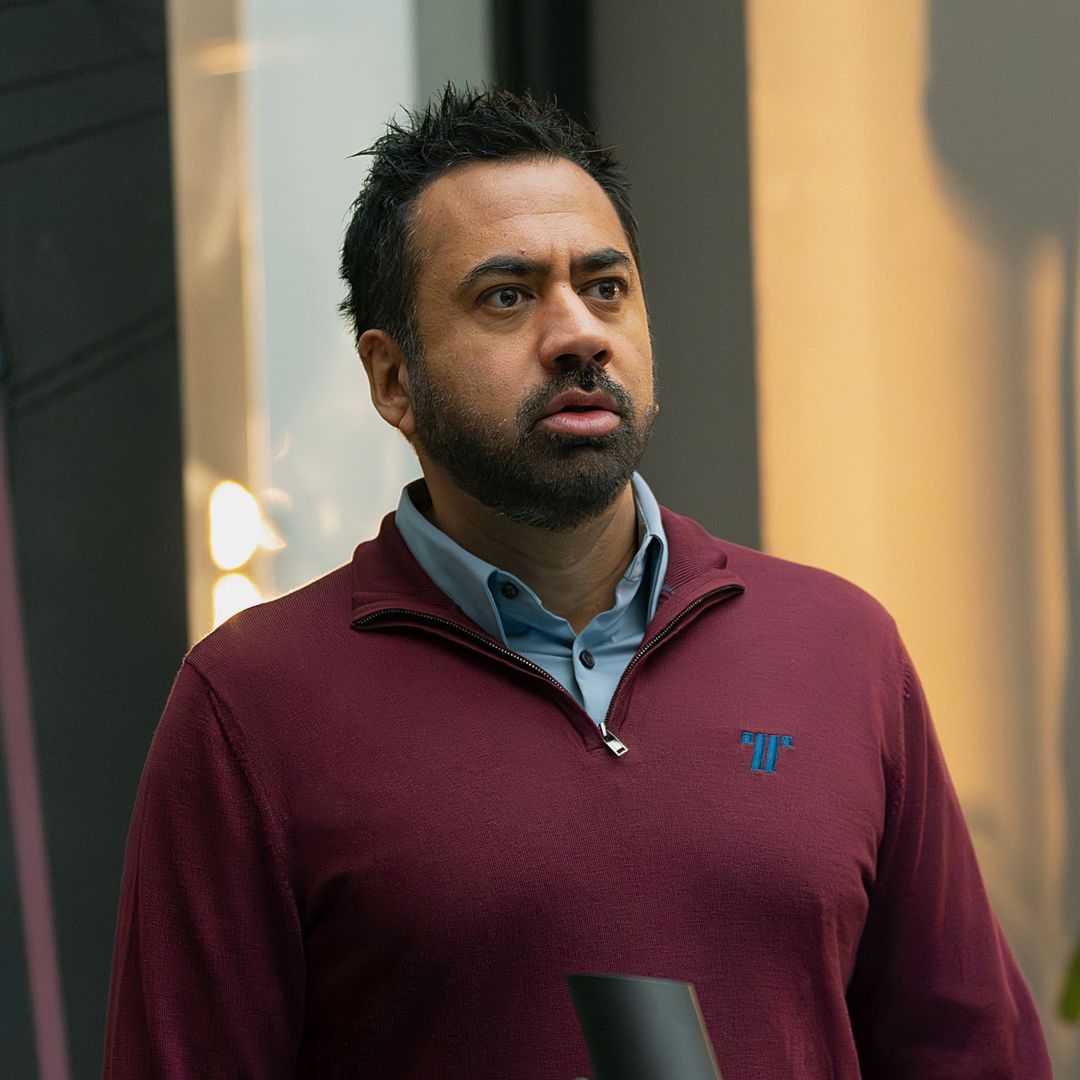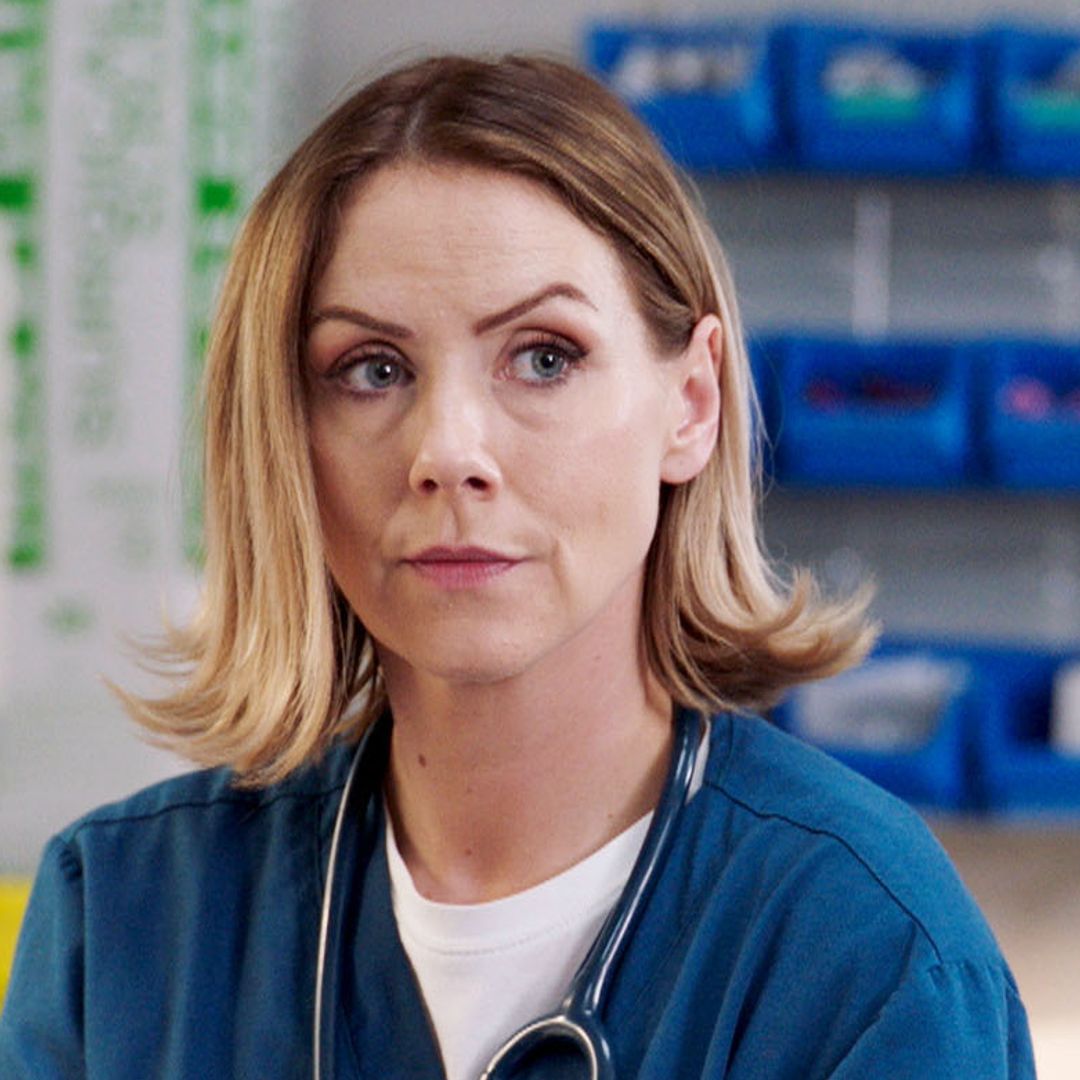The BBC is developing a new documentary, titled Sarah Everard: The Search For Justice. Slated for release on BBC One and iPlayer, the film will examine the Metropolitan Police's investigation following Sarah's tragic murder in March 2021.
"The murder of Sarah Everard sent shock waves across the country and ignited an urgent conversation about police failings and violence against women and girls," says Emma Loach, BBC Lead Commissioning Editor, Documentaries.
"This is an important and timely film and we, like Sarah's family, hope it will contribute to the ongoing dialogue around the issues raised."
According to the BBC, the documentary's production team has been in close contact with Sarah's parents, Susan and Jeremy Everard, throughout the making of the film. The pair hope that it will "bring increased focus to issues of women's safety, and abuse of power by police and others in positions of authority."
Offering unprecedented access to those involved in the investigation, the one-hour special will include interviews with individuals who worked closely on the case, a number of "whom are speaking on camera for the first time, including the Senior Investigating Officer, the Prosecuting Barrister and Sarah's local MP." A release date is yet to be announced.
In a case that shocked the nation, on March 3 2021, a 33-year-old Sarah disappeared after walking home from her friend's house in Clapham. Her body was later found in Ashford, Kent.
MORE: Where are Denise Huskins and Aaron Quinn of American Nightmare now?
READ: 9 true crime shows that have reopened cases: from Mr Bates vs the Post Office to Unsolved Mysteries
After launching an investigation, it was eventually discovered that Sarah had been abducted, raped and murdered by Wayne Couzens – a serving Metropolitan Police Officer who had falsely arrested her for breaking the COVID-19 restrictions. Following an autopsy, it was determined that Sarah had died from compression of the neck.
Wayne Couzens was arrested on March 9 and sentenced to life imprisonment with a whole life order on 30 September 2021.
The case has also resulted in a major review of the Metropolitan Police. Conducted by Baroness Louise Casey, the government official's 369-page report found the Met guilty of institutional racism, misogyny and homophobia. The Met has since promised to do better, and according to their website, they’re working "to do more to protect women and girls."
The statement explains that: "All officers must and will now expect to work harder to gain the confidence of the public and be understanding and tolerant of reasonable questioning of their actions and identity as they go about their duty to protect Londoners. "
